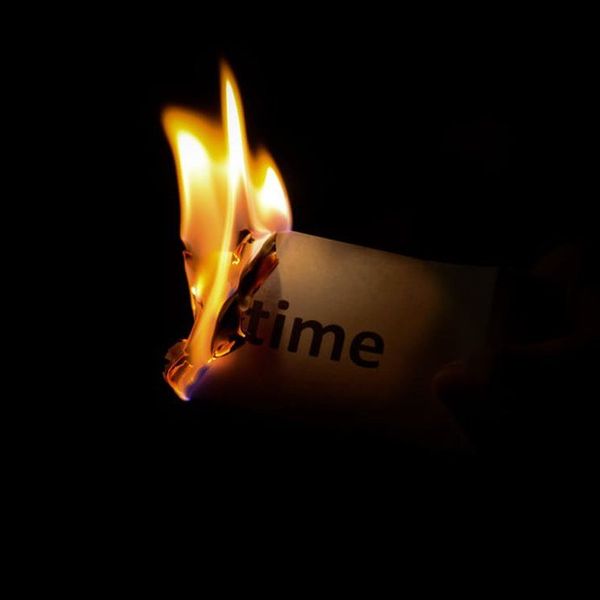As I was warming a cup of tea for my hour of reflection, an epiphany presented itself at my door. I did not ask who or what was knocking on the door and instead let the epiphany enter with no restraint. The epiphany spoke of a boy who was entering a period of change. The boy had been blessed with rubies and grace since his beginning. He had never experienced suffering, nor did he know true happiness. He had never really seen the sun. Then one day, when he had been rummaging through his toys and looking for something new, he looked beyond the blinds of his mindlessness and stared into the light. This was the day he saw the sun for the first time.
The boy suddenly felt himself drowning in his ignorance and felt the need to know those who lived beneath that light. He left home in a hurry, bringing with him more than he needed, but detaching those items before they began weighing him down. Steps turned into a voyage and he was unknowingly on the way to inner peace.
As he grew farther away from home, but drew closer to the sun, he made three judgements. The first judgment was made in a garden, where an old man in common clothing sat beneath an olive tree. Though the man had lost touch with his early years of teaching, he had with him one last lesson. “Student,” the professor said, “Do you wish to be taught?” After the man felt that he had the boy’s ear, he said, “Until you link yourself to true emptiness, you will never understand the Art of Peace.” The professor slipped away after he placed a small black box on the table. Once the boy realized that the professor was gone, he reached for the box like he had so familiarly reached for new toys. He found nothing inside.
The boy moved on, but he did not move away.
The sun was still shining when the boy came upon a large family by a lake. He rested his back—weary from carrying the burdens of the world—and sat on the bench that looked out onto the family. Most were hugging and some were crying as they took turns sharing memories of a woman that the boy had never met, nor did he know anything about. Though he might have known more than he thought he did.
The family spread out among the point while their tears fell into the lake, and the ashes of the beloved one fell flaccidly from open palms. The boy’s back hunched again. The burdens of the world were making their mark in his stance. He rose to his feet; faced his back to the family and his face to the bench that read, “She brought us here.”
The boy moved on, but he did not move away.
Having seen nothing in miles, the boy arrived at a fountain. The water was no longer transparent and most of it had been drained—he saw himself in the fountain. Cupping his palms and reaching for nothing but the water, the boy poured the water on his forehead, and it ran like an egg had been cracked. The boy was born again. He wiped the dirty water from his eyes, so that he could see the sun more clearly. But the sun had not gotten any closer. The boy realized that he will always be far from the sun, but that the sun will never be far from him.
The sun is eternal if it is embedded in our souls. In the sun there is peace, there is laughter and there is guidance. This is also true of our personal suns. However, what makes the sun that shines above us different from the sun that shines within us, is that the one inside our souls is the one that shines eternally. At that fountain, the boy found his eternal sun.





















